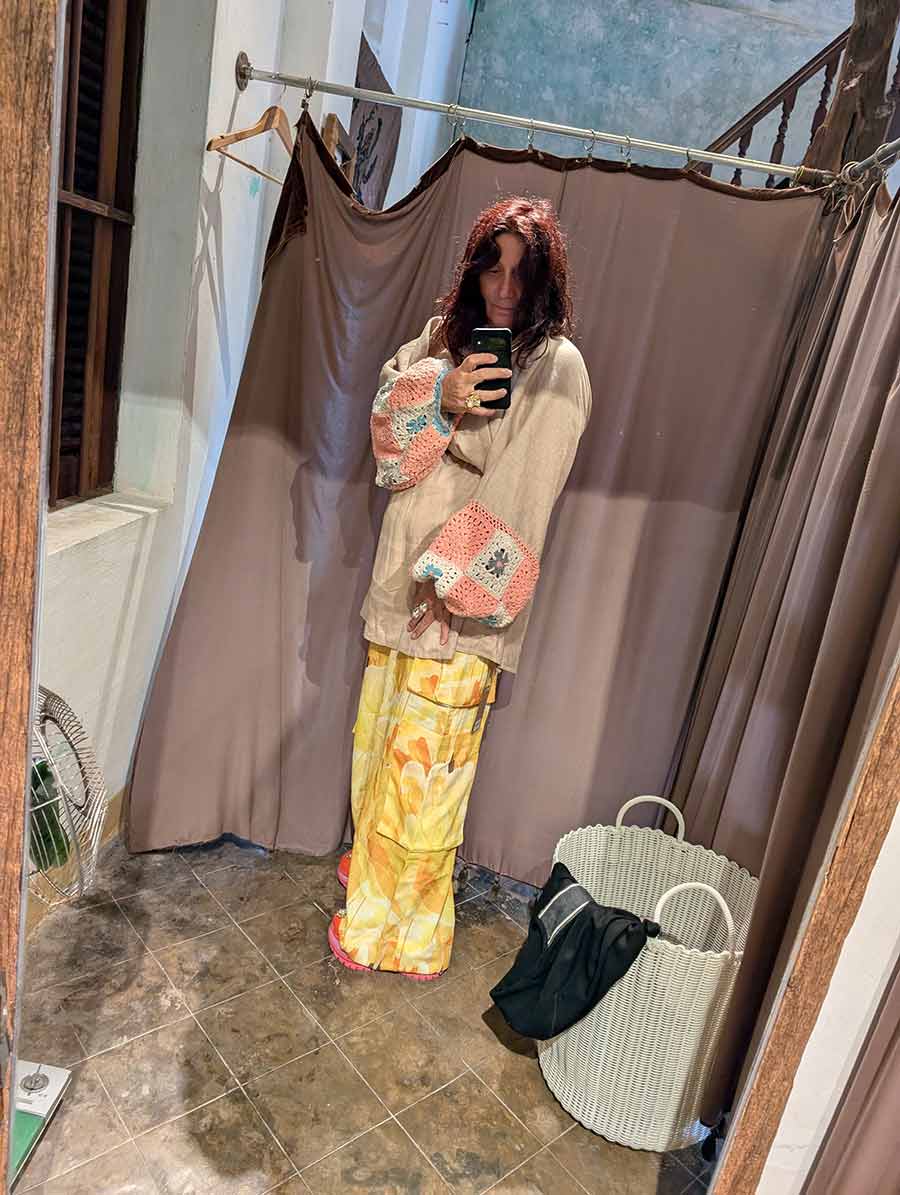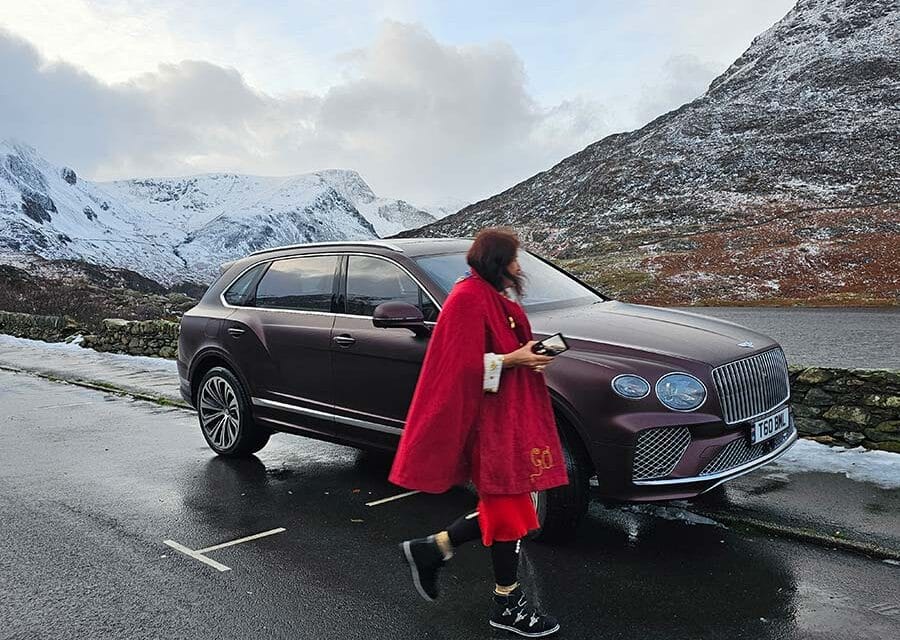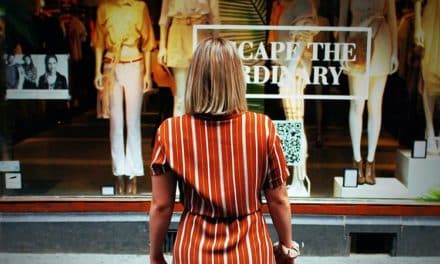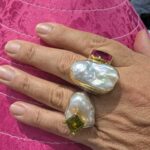The term “Karen” originated as an internet meme and slang term, evolving over time to describe an entitled, demanding, and often aggressive woman (typically middle-aged and white) who exhibits rude behavior, particularly toward service workers. The term gained traction in the late 2010s, fueled by viral videos of women calling the police on Black people for minor reasons, refusing to wear masks during the COVID-19 pandemic, or demanding to “speak to the manager.”
Every time I call out the beauty industry for its deception or dare to ride a bike in Thailand almost naked, I get labeled a “Karen.” Why? Because the term has morphed into a catch-all insult for women who dare to challenge the status quo, voice strong opinions, or simply exist in a way that makes people uncomfortable.
What started as a meme to call out entitled behavior has spiraled into a tool of silencing—especially for women who speak up, critique industries, or live unapologetically. The real issue? Social media amplifies stereotypes, and once a term goes viral, it gets weaponized against anyone who doesn’t conform.
So, is it just online banter, or a deeper reflection of how society polices women’s voices and choices?

Origins of the Term
- The exact origin is debated, but it likely stems from pop culture references, including:
- Dane Cook’s 2005 comedy routine, where he jokes about an annoying woman named Karen.
- The 2004 film “Mean Girls”, which features a character named Karen Smith.
- The “Karen” subreddit (r/F*YouKaren)**, which emerged around 2017 to mock entitlement.
- Black Twitter and social justice movements, which popularized it as a way to call out racist or privileged behavior.
Freedom of Speech vs. Stereotyping
The use of “Karen” raises legal and ethical debates regarding freedom of speech versus discrimination and defamation:
- Freedom of Speech: The First Amendment in the U.S. protects expressions of opinion, even if they are offensive or create stereotypes.
- Harmful Stereotyping: Some argue that “Karen” unfairly targets women (especially white women) and creates a negative stereotype, leading to harassment or public shaming.
- Legal Challenges?: Social media platforms could be sued under defamation, harassment, or emotional distress claims, but such lawsuits are difficult since the term is used broadly and is not directed at a specific individual in most cases.
Challenges for People Named Karen
Real people named Karen have faced backlash, online ridicule, and even job discrimination due to the term’s association. Some have spoken out about the unfair burden of being labeled simply due to their name.
While social media platforms may not be directly liable, they do play a role in amplifying stereotypes. However, proving that a broad meme constitutes defamation or damages would be legally complex.
Would you argue that social media should regulate the use of the term, or is it just another example of internet culture evolving?
















You must be logged in to post a comment.